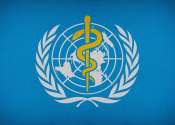WHO has declared mpox a global health emergency. What happens next?
The World Health Organization (WHO) has declared mpox a public health emergency of international concern, after rising cases in the Democratic Republic of the Congo and the potential for further spread.
Aug 15, 2024
0
0









